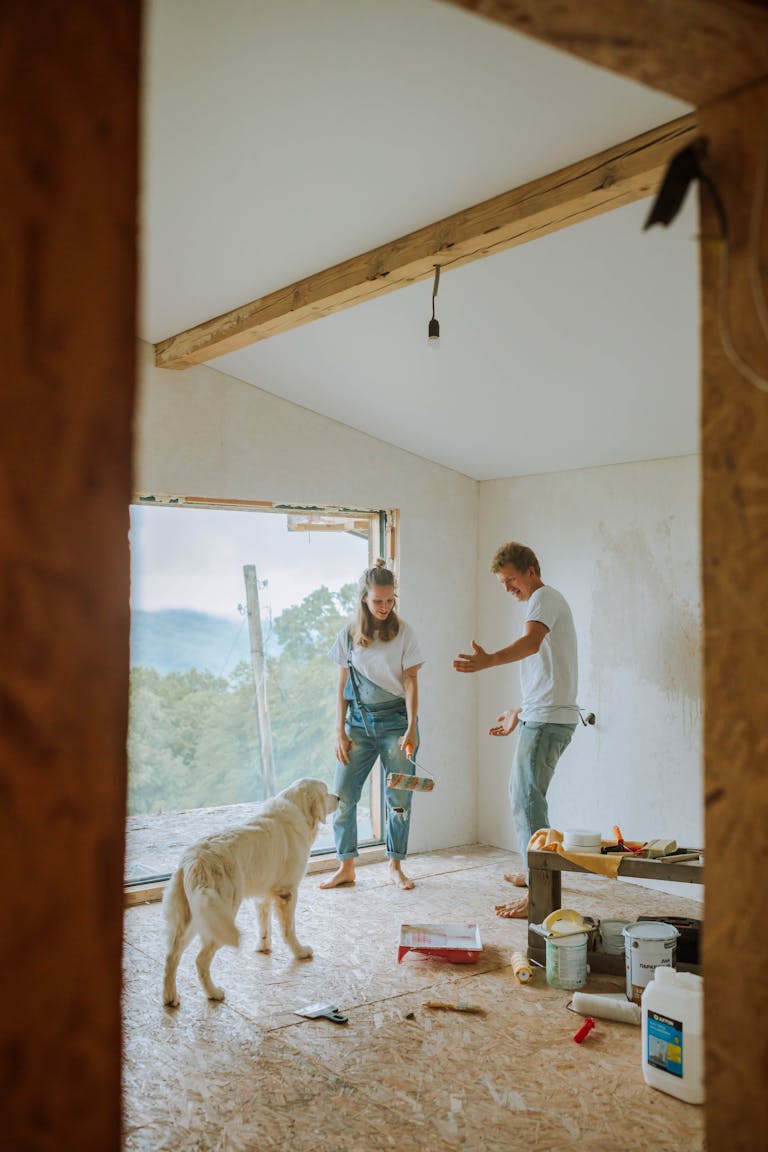When it comes to buying property, many Australians are exploring ways to leverage their superannuation (super) to get a foothold in the real estate market. But is it possible to use your super to buy a property? The short answer is yes, but with significant restrictions and specific guidelines. In this article, we’ll dive into the details of how it works, what options are available, and the key things you need to consider before tapping into your super to purchase property.
What is superannuation?
Superannuation is money that you or your employer contribute into a fund during your working life to provide for your retirement. The primary purpose of super is to help you live comfortably in retirement, and the Australian government has strict rules in place to protect these funds.
Why are there so many rules about how you can use super?
The rules surrounding the use of superannuation in Australia exist to protect the system, ensure that funds are used for their intended purpose, and safeguard Australians’ financial futures in retirement. By adhering to these regulations, the superannuation system can continue to work as a reliable and secure means of retirement savings for generations to come.
Three ways you can use your super to buy a property in Australia
First Home Super Saver Scheme
If you’re an eligible first-home buyer, you can withdraw some of your voluntary super contributions through the government’s First Home Super Saver (FHSS) scheme.
Self Managed Super Fund
If you have a self-managed super fund (SMSF), you could buy an investment property (but not a main residence) with some of the money inside that fund.
Accessing Super after Retirement
If you’ve reached preservation age (the minimum age you’re allowed to start accessing your super) and have retired, you can take out some or all of your super to buy a property or pay off your current mortgage.
First Home Super Saver (FHSS) Scheme for First-Time Buyers
If you’re a first-time homebuyer, the First Home Super Saver (FHSS) scheme could be a great way to use your superannuation savings for your first home deposit.
How It Works:
– Under the FHSS scheme, you can make voluntary contributions to your super fund (both concessional and non-concessional), which will be taxed at a lower rate (15%) than your normal income tax rate.
– After saving in your super for a minimum of 12 months, you can withdraw your voluntary contributions (plus any associated earnings) to use towards purchasing your first home.
Key Points:
– The maximum amount you can withdraw is $50,000 (for contributions made since July 1, 2017), which can provide a substantial boost to your first home deposit.
– The property must be your first home, and it must be owner-occupied.
– This is an excellent way to save for a property quickly, as your super is invested and grows faster than it would in a regular savings account.
Find out more about the FHSS Scheme here
Self-Managed Super Fund (SMSF) Property Investment
Another way to use your super for property is through a Self-Managed Super Fund (SMSF). With an SMSF, you have more control over your super and can directly invest in residential or commercial properties.
How It Works:
– If you have set up an SMSF, the fund can borrow money (using a Limited Recourse Borrowing Arrangement – LRBA) to purchase property, meaning your super can directly invest in real estate.
– The property must be for investment purposes — you cannot purchase a property through your SMSF to use as your own home or for personal use. You can buy residential or commercial properties, and you must follow strict regulations to ensure everything is above board.
Key Points:
– The SMSF must comply with all Superannuation Laws and the property must remain strictly for investment purposes.
– Your SMSF will need to be able to service the loan repayments, so it’s important to ensure there’s enough income within the fund (e.g., rental income) to cover the mortgage and other expenses.
Read more here about purchasing a property with self managed super
Accessing Your Super Upon Retirement (Post-Preservation Age)
Once you’ve reached your preservation age and have retired, you can access your superannuation to help fund the purchase of a property or pay off your current mortgage.
How It Works:
– Your preservation age is the minimum age you’re allowed to access your super, which is between 55 and 60 years depending on when you were born.
– If you’ve retired, you can take out your super and use it to buy a property or pay off your mortgage. You can also choose to access your super gradually or as a lump sum, depending on your preferences and needs.
Key Points:
– This option is only available after you have reached the preservation age and retired. If you haven’t retired but meet the age requirement, you can access the super to buy a property under certain conditions.
– If you are using super to pay off an existing mortgage, you will need to ensure that you meet the legal requirements for withdrawing the funds.
These are three ways you can potentially use your superannuation to help purchase property in Australia. While these options provide flexibility, it’s important to fully understand the rules and requirements involved. Whether you’re a first-home buyer looking to access your super, have an SMSF and want to purchase investment property, or are retired and wish to use your super for property, each option comes with its own set of guidelines.
If you’re unsure which option is right for you or need expert advice, reach out to an experienced Perth mortgage broker or financial advisor who can help guide you through the process and ensure you make the best decisions for your financial future.
Disclaimer: The information provided on this blog is for general informational purposes only and does not constitute financial or professional advice. While we strive to provide accurate and up-to-date information, mortgage laws and regulations can change, and individual circumstances may vary. We recommend consulting with a qualified financial advisor or mortgage broker to assess your specific situation and needs. Base Home Loans is not responsible for any actions taken based on the content of this blog. Always conduct your own research and consider seeking professional advice before making financial decisions.






